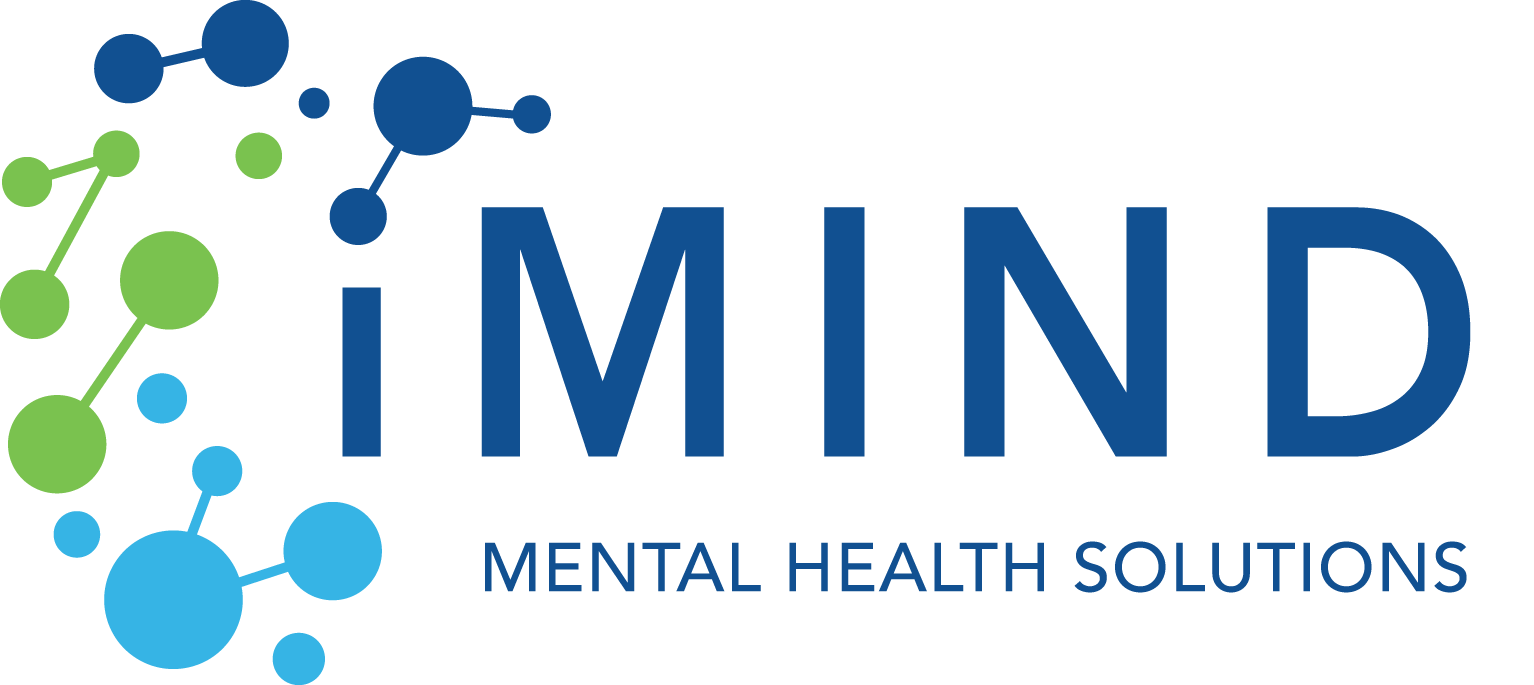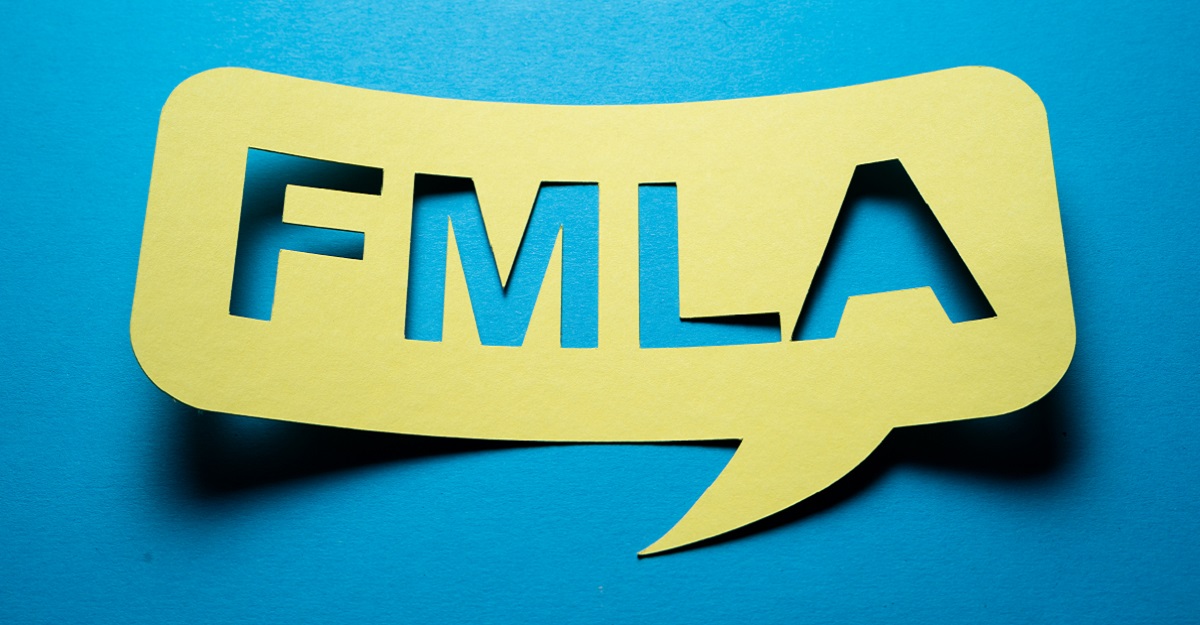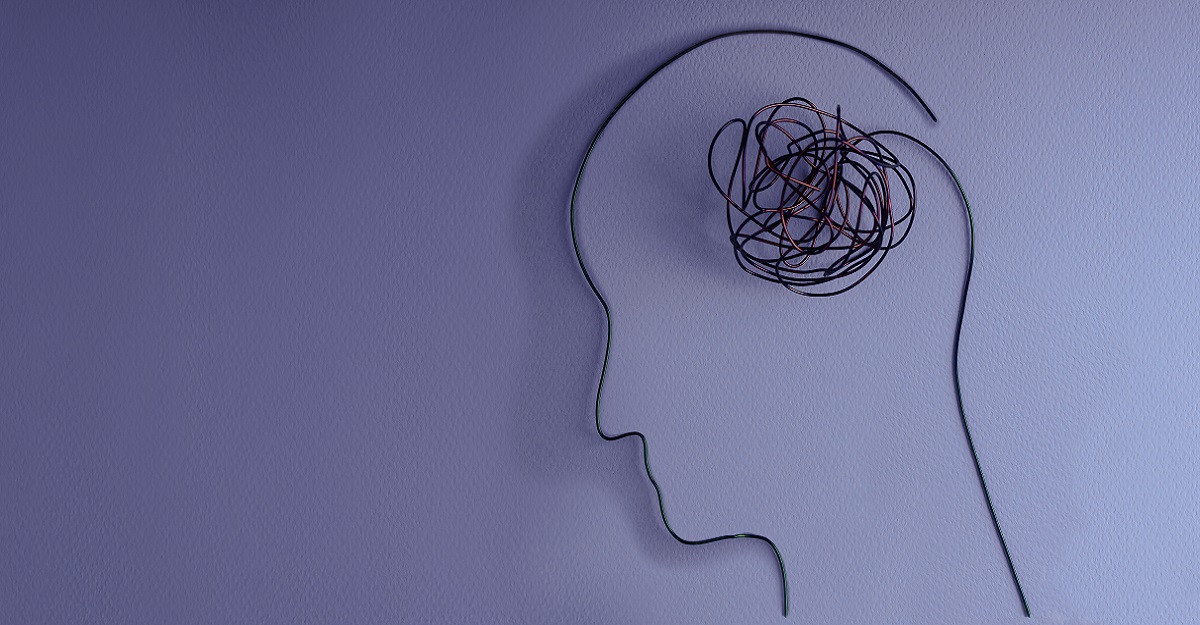Your Therapist is Available Now
Immediate appointments are available for both adults and children with the highly trained mental health counselors at iMind. We are conveniently located in St. Lucie West, minutes from the I-95 exit.


Port St. Lucie Therapy
Our Port St. Lucie therapists take you on a journey of self-discovery. Together, you will partner for a better life:
“Not sure, but open? I have found that historically clients aren’t 100 percent sure on what they need to work on. They have experienced stress, anxiety, or depression and know that what they have tried isn’t working. So we ask that you come into therapy with an open mind and willingness to work on you. We collaborate together, but we will always empower you to be in the driver’s seat of the paths we take.”
– Justin Baksh, LMHC, BC-TMH, Chief Clinical Officer, iMind Mental Health Solutions
How Do I Get Started?
Simply call our office and we will match you with a therapist and schedule your first appointment.
Within about 15 minutes, you will receive an invitation to our patient portal. There, you can fill out your pre-appointment paperwork
Future appointments can be scheduled by phone, in the office or via the patient portal.
Both in-office and online counseling sessions are available at iMind Mental Health Solutions.

Many people have seen improvement in their lives through
therapy:

“Therapy has given me perspective. It has taken me out of the trap of my emotions, and let me see things from a broader view. Many times, I would get in my own way. Now, because of tools my therapist has given me, this happens far less frequently. Together, we’ve also gotten my anxiety and depression under control, so every day is much more fulfilling. My family and friends have noticed a big difference. It’s like I was covered in dark clouds before, and now the sunshine has broken through.”
– C.A.
Many people have seen improvement in their lives through
therapy:

“Therapy has given me perspective. It has taken me out of the trap of my emotions, and let me see things from a broader view. Many times, I would get in my own way. Now, because of tools my therapist has given me, this happens far less frequently. Together, we’ve also gotten my anxiety and depression under control, so every day is much more fulfilling. My family and friends have noticed a big difference. It’s like I was covered in dark clouds before, and now the sunshine has broken through.”
– C.A.
It only takes a minute to get started on the road to good mental health. We have immediate availability… contact us now!
Benefits of Therapy
Therapy works over time to improve your mental well-being and functioning. It has been shown to:
- Reduce disability
- Improve physical health
- Lower chance of death
- Reduce anxiety and depression, better than with medication only
- Decrease incidence of self-harm and hospitalizations for adolescents
Research has shown that therapy can change the structure of your brain. It strengthens neural communications and connections, leading to a range of benefits including better threat perception and emotional control.
Because therapy confers new skills that can help you deal with life more effectively, its benefits tend to be long-lasting.

Does Insurance Cover Therapy?
In many cases, it does. We accept Medicare and private health insurance such as Blue Cross Blue Shield, Cigna, TRICARE, and more.
We will verify your insurance benefits prior to your appointment. We also accept credit cards or HSA payments for any co-pays or deductibles due.
For those without mental health benefits, we offer low cash pay rates and sliding scale fees.

- Mental Health America. (n.d.). Science behind therapy. Mental Health America. Retrieved July 29, 2022, from MHA National.
Mental Health Resources
-
Can You Use FMLA for Mental Health?
Yes, under the FMLA, eligible employees can take up to 12 weeks of unpaid leave per year to address qualifying family-related or health issues – including mental health ones – without the fear of losing their jobs. Here are the general eligibility criteria for both employees and employers…
-
What is the Hardest Mental Illness to Have?
Mental health is a complex part of our wellbeing, deeply personal and uniquely challenging for each one of us. When it comes to mental illnesses, there is no one-size-fits-all. Each condition brings its own set of obstacles and experiences. When we ask, “What is the hardest mental illness to have?” the answer is far from…
-
Does My Child Have ADHD?
Attention-Deficit/Hyperactivity Disorder (ADHD) is a neurodevelopmental disorder commonly recognized in childhood. ADHD manifests through pronounced symptoms of distractibility, impulsiveness, and, in many cases, excessive activity that is beyond the expected behavior for a person’s age and development.
-
Can You Use FMLA for Mental Health?
Yes, under the FMLA, eligible employees can take up to 12 weeks of unpaid leave per year to address qualifying family-related or health issues – including mental health ones – without the fear of losing their jobs. Here are the general eligibility criteria for both employees and employers…
-
What is the Hardest Mental Illness to Have?
Mental health is a complex part of our wellbeing, deeply personal and uniquely challenging for each one of us. When it comes to mental illnesses, there is no one-size-fits-all. Each condition brings its own set of obstacles and experiences. When we ask, “What is the hardest mental illness to have?” the answer is far from…
-
Does My Child Have ADHD?
Attention-Deficit/Hyperactivity Disorder (ADHD) is a neurodevelopmental disorder commonly recognized in childhood. ADHD manifests through pronounced symptoms of distractibility, impulsiveness, and, in many cases, excessive activity that is beyond the expected behavior for a person’s age and development.
Latest News
-
Top 10 Questions About Art Therapy for Mental Health
Art therapy has recently gained recognition for its unique blend of healing therapy and personal expression. Despite its growing popularity, there seems to be some misunderstanding about what art therapy entails, who it can benefit, and how it differs from other forms of therapy.
-
ADHD Strengths: The Positive Side of Attention Deficit Hyperactivity Disorder
Scattered minds, fidgety bodies, and difficulty focusing. Attention Deficit Hyperactivity Disorder (ADHD) often gets painted in shades of struggle. But what if there’s a brighter side to the story? What if, beneath the challenges of ADHD, lie unique strengths just waiting to be unlocked?






